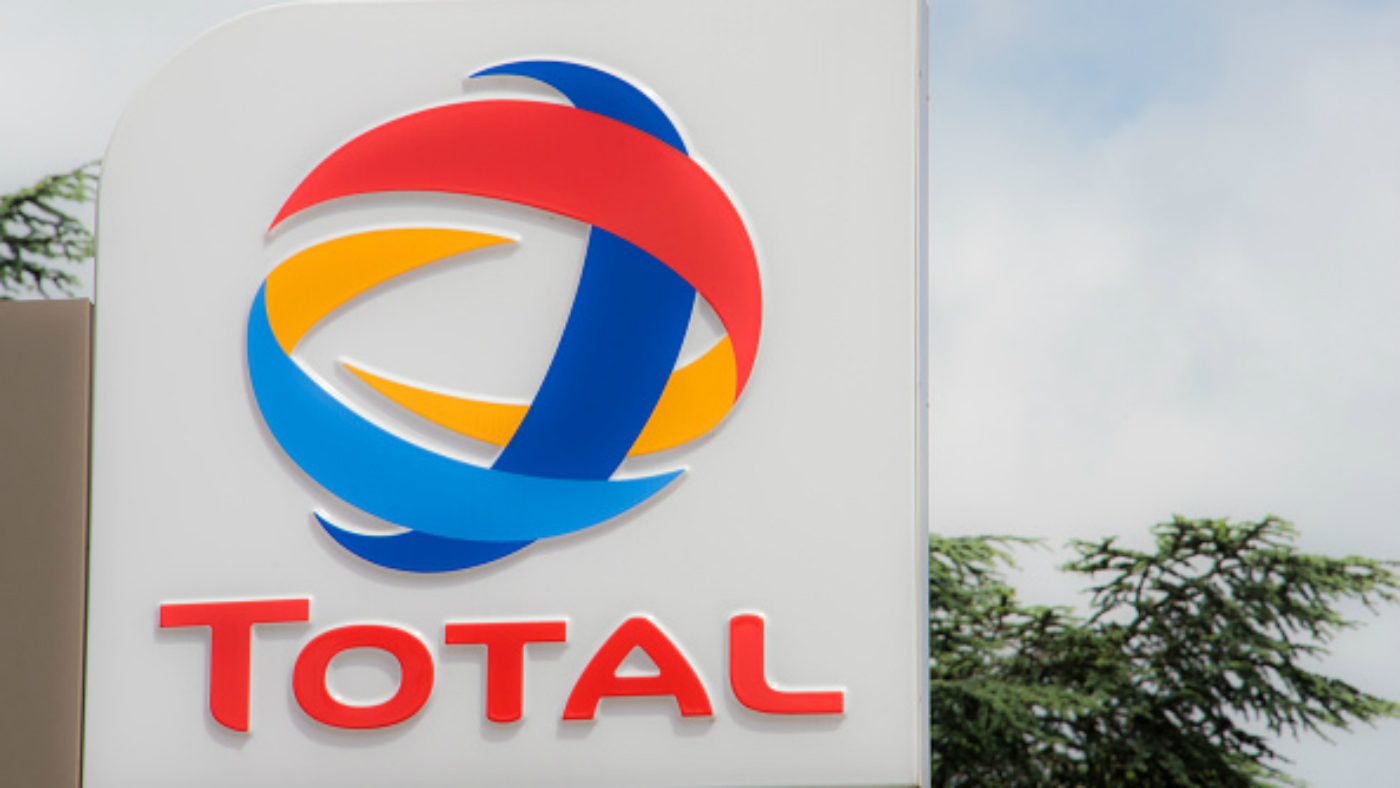Total buys Maersk's North Sea oil assets for £5.8bn
Industry has been consolidating as a response to low oil price since 2014

A free daily email with the biggest news stories of the day – and the best features from TheWeek.com
You are now subscribed
Your newsletter sign-up was successful
The French oil giant Total has bought a large portfolio of mature oil and gas exploration assets in the North Sea from the Danish conglomerate Maersk for $7.45bn (£5.8bn).
The move is the latest in a wave of consolidation that has gripped the sector in recent years in response to the low oil price.
"Companies [are] managing the effects of lower oil prices by reducing their portfolios or seeking economies of scale," says the Financial Times.
The Week
Escape your echo chamber. Get the facts behind the news, plus analysis from multiple perspectives.

Sign up for The Week's Free Newsletters
From our morning news briefing to a weekly Good News Newsletter, get the best of The Week delivered directly to your inbox.
From our morning news briefing to a weekly Good News Newsletter, get the best of The Week delivered directly to your inbox.
For Maersk the deal follows through on its plan, announced last September, to abandon the oil sector altogether as it seeks to cement its position as "the world's largest container shipping line".
Maersk recently boosted its container business by buying Hamburg Sud, a German rival with a strong position in Latin America, for $4bn (£3.1bn).
The deal with Total has been settled entirely in shares, but given the big premium to the $4.7bn (£3.7bn) at which Deutsche Bank had valued the assets Maersk shareholders won't mind, says Bloomberg.
In fact Maersk's shares, which have risen 30 per cent since the September announcement, have risen by another 2.8 per cent at the time of writing.
A free daily email with the biggest news stories of the day – and the best features from TheWeek.com
For Total, the deal builds on its large existing presence in the North Sea and means it will become the second-largest exploration firm in the region, behind Norway's Statoil.
As such, bosses reckon they can extract "mouth-watering synergies of $400m (£310m) annually", says Bloomberg, and this will "boost earnings and cashflow per share from the get-go".
Total's share price was up 0.5 per cent at the time of writing in a modestly falling market.
Brent crude, the international oil price benchmark that sets prices in the North Sea region, was down 1.1 per cent to $52.13 a barrel, as traders took profits following a rally at the end of last week.
-
 The ‘ravenous’ demand for Cornish minerals
The ‘ravenous’ demand for Cornish mineralsUnder the Radar Growing need for critical minerals to power tech has intensified ‘appetite’ for lithium, which could be a ‘huge boon’ for local economy
-
 Why are election experts taking Trump’s midterm threats seriously?
Why are election experts taking Trump’s midterm threats seriously?IN THE SPOTLIGHT As the president muses about polling place deployments and a centralized electoral system aimed at one-party control, lawmakers are taking this administration at its word
-
 ‘Restaurateurs have become millionaires’
‘Restaurateurs have become millionaires’Instant Opinion Opinion, comment and editorials of the day
-
 Labour shortages: the ‘most urgent problem’ facing the UK economy right now
Labour shortages: the ‘most urgent problem’ facing the UK economy right nowSpeed Read Britain is currently in the grip of an ‘employment crisis’
-
 Will the energy war hurt Europe more than Russia?
Will the energy war hurt Europe more than Russia?Speed Read European Commission proposes a total ban on Russian oil
-
 Will Elon Musk manage to take over Twitter?
Will Elon Musk manage to take over Twitter?Speed Read The world’s richest man has launched a hostile takeover bid worth $43bn
-
 Shoppers urged not to buy into dodgy Black Friday deals
Shoppers urged not to buy into dodgy Black Friday dealsSpeed Read Consumer watchdog says better prices can be had on most of the so-called bargain offers
-
 Ryanair: readying for departure from London
Ryanair: readying for departure from LondonSpeed Read Plans to delist Ryanair from the London Stock Exchange could spell ‘another blow’ to the ‘dwindling’ London market
-
 Out of fashion: Asos ‘curse’ has struck again
Out of fashion: Asos ‘curse’ has struck againSpeed Read Share price tumbles following the departure of CEO Nick Beighton
-
 Universal Music’s blockbuster listing: don’t stop me now…
Universal Music’s blockbuster listing: don’t stop me now…Speed Read Investors are betting heavily that the ‘boom in music streaming’, which has transformed Universal’s fortunes, ‘still has a long way to go’
-
 EasyJet/Wizz: battle for air supremacy
EasyJet/Wizz: battle for air supremacySpeed Read ‘Wizz’s cheeky takeover bid will have come as a blow to the corporate ego’